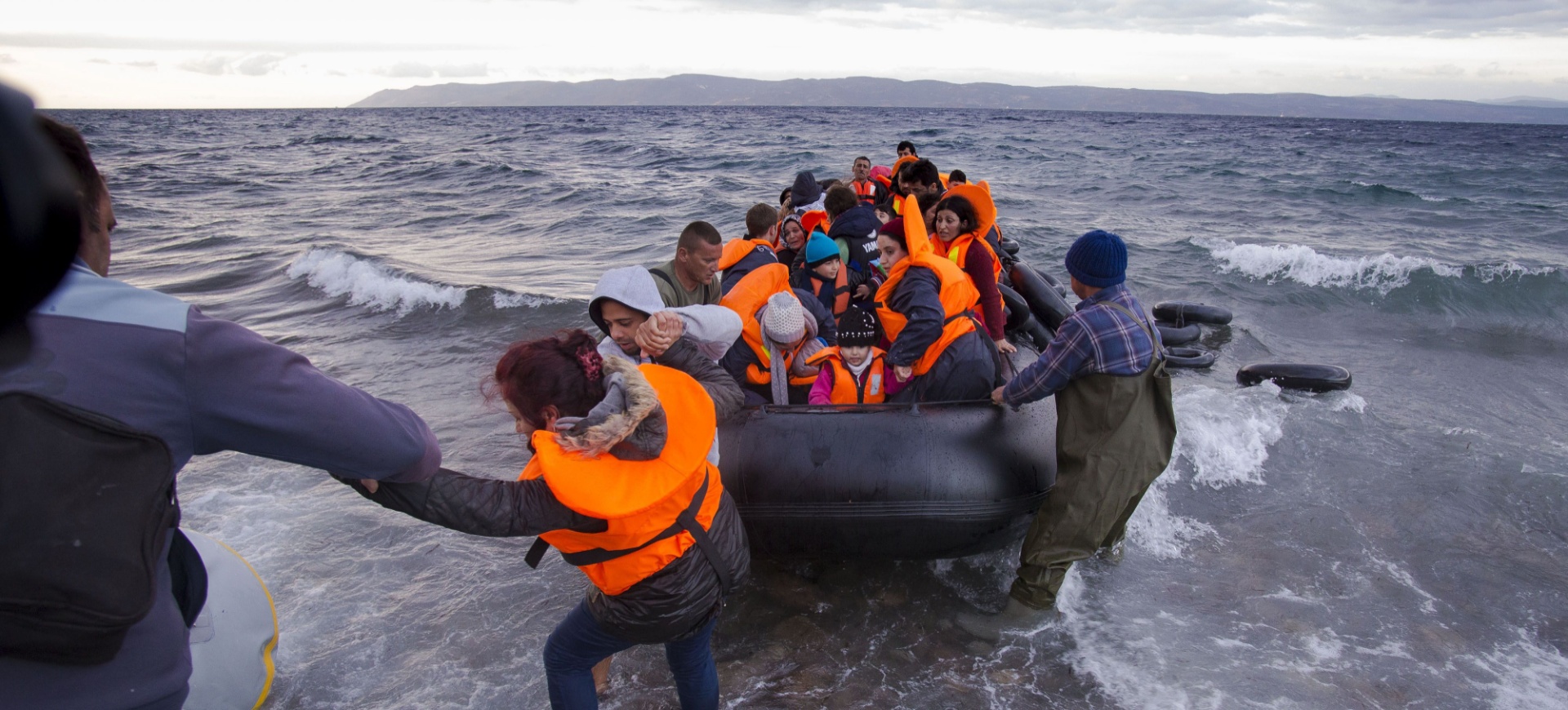Health: a human right
Since the World Health Organization was founded, human health has improved significantly – but progress in many areas has slowed or stalled, and this year represents an important opportunity to chart a new path forward and put people’s health first
The World Health Organization was founded 75 years ago, as countries were rebuilding after the collective trauma of World War Two. It was against that backdrop that the authors of the WHO’s constitution affirmed both that health is a human right and that the health of all people is fundamental to peace and security.
Since then, human health has improved significantly. Global life expectancy has increased from 46 to 73 years, with the greatest gains in the poorest countries. Smallpox has been eradicated, polio and Guinea worm disease are on the brink, and the epidemics of HIV, malaria and tuberculosis have been pushed back. In the past 20 years alone, smoking has fallen by a third, maternal mortality has fallen by a third and child mortality has more than halved.
However, even before Covid-19 arrived, progress towards many health targets agreed by all in the Sustainable Development Goals had slowed or stalled, and the pandemic set us even further back. On top of the death and suffering it caused, Covid-19 severely disrupted health systems, roiled economies and caused immense social upheaval, while also fraying the fabric of multilateralism.
One of the key lessons of Covid-19, therefore, is that a pandemic is so much more than a health crisis: when health is at risk, everything is at risk. If we fail to learn that lesson, we expose ourselves and future generations to the potentially devastating impacts of future pandemics on lives, livelihoods, societies and economies.
That means investments in protecting health are also investments in social, economic and political stability and security. Countries spend vast sums preparing for the threat of a terrorist attack, but relatively little preparing for the attack of a virus, which can be far more damaging, and far more costly.
Governments under pressure
At a time when economies are stagnating, debt is rising and budgets are squeezed, governments are under pressure to tighten the purse strings. But now is exactly the right moment to make strategic investments in health – investments in human capital – that will pay dividends for decades to come in more healthy, productive, secure, equitable and sustainable societies.
The best investments in health – and the most cost effective – are in primary health care. Many people think of primary health care as delivering essential health services at the local level, and it certainly includes that. But a primary health care approach goes beyond providing health services to include action to address the drivers of disease, and to empower people to take charge of their own health. It recognises that health does not start in hospitals or clinics, but in homes, schools, streets, workplaces and markets – in the air people breathe, the food they eat and the conditions in which they live and work.
Creating healthy populations is therefore not solely the task of ministries of health, but requires health-promoting policies in trade, commerce, education, energy, agriculture, urban planning, transport and more.
The health challenges we face today have changed considerably since the WHO was founded in 1948. Non-communicable diseases now account for 70% of all deaths globally; obesity rates have skyrocketed; antimicrobial resistance threatens to unwind a century of medical progress; and air pollution and climate change are jeopardising the very habitability of the planet on which all life depends.
These challenges have no regard for the lines humans draw on maps, nor for ideologies, religions, economic or military might, or for anything else that we use to divide ourselves from each other. The need for multilateral cooperation is therefore greater than ever, and so is the opportunity. At a time of polarisation, health is one of the few areas in which countries that are otherwise political and economic rivals can work together to build a common approach to common threats.
Indeed, that is what countries are doing, in negotiating a new legally binding pandemic accord and amendments to the International Health Regulations, the instrument of international law that governs the global response to health emergencies. At this year’s United Nations General Assembly, countries also agreed on political declarations on pandemic preparedness and response, universal health coverage and tuberculosis. The negotiations are not always easy, and there remain areas of contention between countries, particularly concerning equitable access to health technologies.
However, just as in 1948 when countries came together in the aftermath of the bloodiest war in history to establish the WHO, now countries must come together in the wake of the most severe health crisis in a century to chart a new path forward together. The challenges we face may be different, but the vision remains the same: health as a human right, and the foundation of peace and security.











